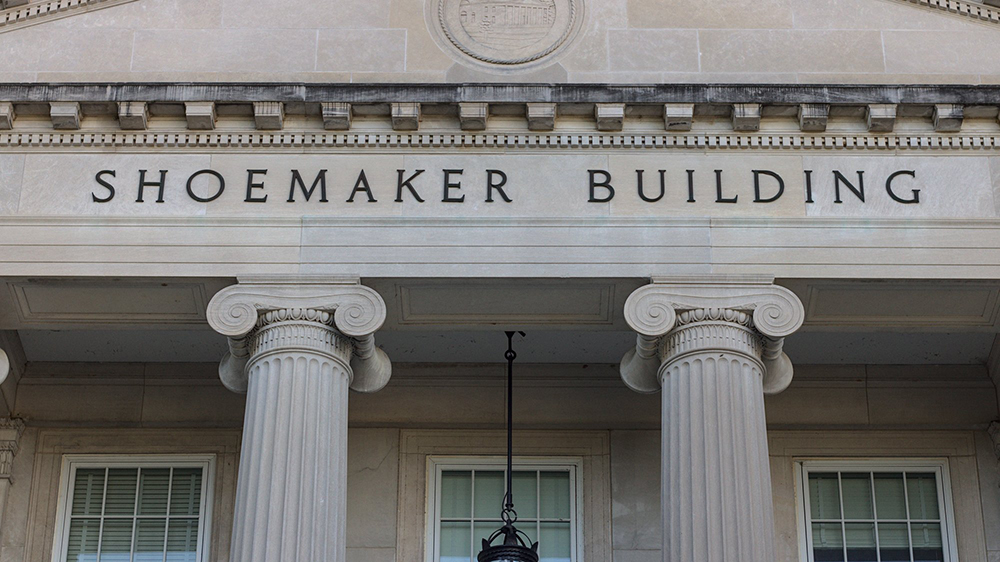Mental health groups at the University of Maryland are raising awareness about the coronavirus pandemic’s strain on students and working to bring mental health resources to an increasing number of students in need.
Last month, the nonprofit organization Active Minds, which has a chapter at this university, found in a nationwide survey that nearly 75 percent of college and high school students reported worsening mental health since the beginning of the pandemic.
“Unfortunately, it’s not super surprising,” said Jasmine Soni, the vice president of external affairs for the university’s chapter. “I can definitely see that many people stressing and having a lot of trouble — whether they themselves know it or not.”
To assist students through the unprecedented times, groups such as Active Minds are ramping up their activity. And the university’s Student Health Advisory Committee will hold a virtual study hall on Oct. 22 in the hopes of bringing students together and alleviating some stress, said Nathan Kattapuram, the committee’s president.
Kattapuram, a senior physiology and neurobiology major, said an increased stressor is the fact that some students have had to deal with living off the campus and completing classes in a different environment.
Adapting to virtual learning in a new environment — and losing some independence after moving off a college campus and into one’s childhood home — has translated to more stress, Kattapuram said.
“Living with one’s parents can potentially be stressful, because you’re thrust into an environment that you might have been in high school, but it just takes some time adapting,” he said.
Meanwhile, on Oct. 24, the Student Government Association is fully funding a Mental Health First Aid Training so students can take it for free. The training is a six-hour session in which students, faculty and staff learn how to respond to mental health situations.
The SGA made that announcement Monday. By Tuesday, all 20 spots had been filled.
[UMD students to launch anonymous mental health texting service next week]
The committee will also hold a mental health town hall on Oct. 29, featuring speakers from the University Health Center.
Shoham Ghosh, the director of the committee, noted that the pandemic’s disruption of everyday routines and social interactions has robbed students of an important outlet this semester.
“This is a real problem with routine and consistency under pandemic conditions,” Ghosh, a junior biology major, said. “Whereas it might have been more normal, like walking to class, getting outside and seeing your friends, it’s just all disrupted by the pandemic.”
The results of the Active Minds survey support Ghosh’s view: Students reported that their biggest source of stress is feeling disconnected from friends and loved ones.
That concern is more acute for freshmen and transfer students, Ghosh said, who are missing out on welcome events that bring new students together.
Tesia Shi, one of the founder of Lean On Me College Park, a new peer-to-peer text line, noticed the same concern in her work.
Lean On Me College Park offers students a private hotline for non-crisis emotional support. The service, which launched a semester early in anticipation of the increased stress brought on by the pandemic, has seen a “significant number” of freshmen texting about their struggles to meet other students.
“For many people, their friends and their family and their peers are a part of the support system for them in their mental health,” said Shi, a sophomore physiology and neurobiology and psychology major. “When that is taken away and they don’t have what they used to have, I think that also is really detrimental.”
Despite this increased demand for mental health support over the last few months, Ghosh said the Counseling Center has seen a decrease in intake appointments.
Over the summer, his committee helped launch a survey to see what prevented students from taking advantage of the resource. The biggest deterrent was a lack of private space for teletherapy appointments, Ghosh said.
To combat that barrier, the Counseling Center has set aside space in the Stamp Student Union where students can receive teletherapy in a private room, Ghosh said.
[“On our own”: UMD students with accommodations struggle to adjust to new semester]
The future of the pandemic remains uncertain, which can cloud mental health, Shi said. And it presents another barrier to mental health organizations such as Lean On Me College Park, which are tasked with reassuring people that things will get better — even when there’s no telling when that day will come.
But her advice is simple.
“It’s important for students … when there’s all these feelings of being overwhelmed, to take it one step at a time,” Shi said. “When you just kind of fight through the day, or the hour, or the week, I think that’s already something to be proud of.”



